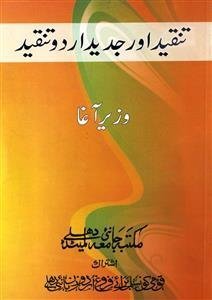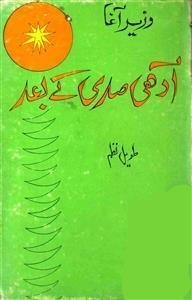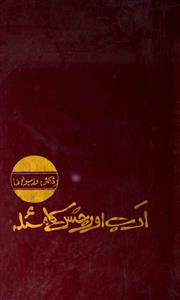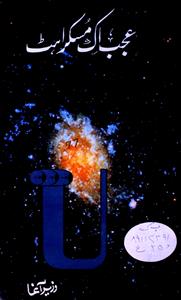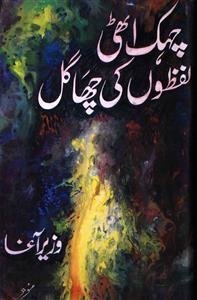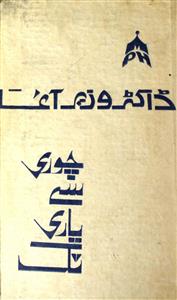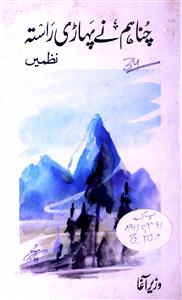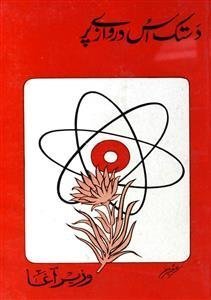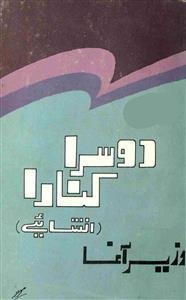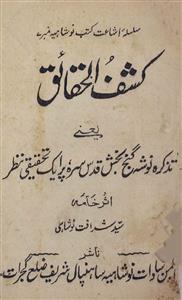 For any query/comment related to this ebook, please contact us at haidar.ali@rekhta.org
For any query/comment related to this ebook, please contact us at haidar.ali@rekhta.org
About The Book
وزیرآغا کی یہ کتاب "تنقید اور جدید اردو تنقید" تنقیدکےحوالے سے ایک اہم کتاب ہے ، اس کتاب کو دو حصوں میں تقسیم کیا جا سکتا ہے ،پہلا حصہ مطلق تنقید کے حوالے سے ہے،جس کے تحت تنقید کے معنی و مطالب اور مفہوم بیان کیا گیا ہے ،ساتھ ہی ساتھ تنقید کا پس منظر اور مغرب میں تنقیدی سرگرمیوں کا بیان بیان ہے ، دوسرا حصہ جدید تنقید پر مشتمل ہے، جس کے تحت جدید اردو تنقید کا پس منظر، جدید اردو تنقید کا آغاز، جدید اردو نتقید کا افقی تناظر، جدید اردو تنقید کا عمودی تناظر اور جدید اردو تنقید کےامتزاجی اسلوب جیسے اہم موضوعات کو بیان کیاگیا ہے، وزیر آغا نے مغرب میں پروان چڑھنے والی ادبی تحریکوں اور نظریات چاہے وہ ساختیات ہو یا پس سا ختیات۔بین المتونیت ہو یا معنیات ان سب سے اردو تنقید کے قاری کو باخبر رکھنے کی سنجیدہ کوشش کی ہے۔
About The Author
Wazir Agha was born on 18 May 1922 in the village Wazir Kot in the Sargodha district. Agha picked up the Persian language from his father, Punjabi from his mother and the English language from his British friends. During his school years, he developed a strong fondness for Urdu ghazals and started composing poetry on his own. He graduated from Government College, Jhang and later received his masters in Economics from Government College, Lahore. He was awarded the degree of doctorate by the University of Punjab in 1956 for his research on humor and satire in Urdu Literature. Wazir Agha was the editor of the college magazine "Chanab" in Government College, Jhang. In 1944. From 1960 to 1963, he acted as a co-editor of Adbi Duniya and from 1965 onwards, he remained editor of monthly Auraq for many decades. Pakistan Academy of Letters (PAL) has published a book on life and work of Dr. Wazir Agha under publishing project of "Makers of Pakistani Literature". Wazir Agha also wrote an autobiography Shaam Ki Mundair Sey. Wazir Agha died on 7 September 2010 in Lahore.
 For any query/comment related to this ebook, please contact us at haidar.ali@rekhta.org
For any query/comment related to this ebook, please contact us at haidar.ali@rekhta.org
Write a Review
Jashn-e-Rekhta 10th Edition | 5-6-7 December Get Tickets Here
